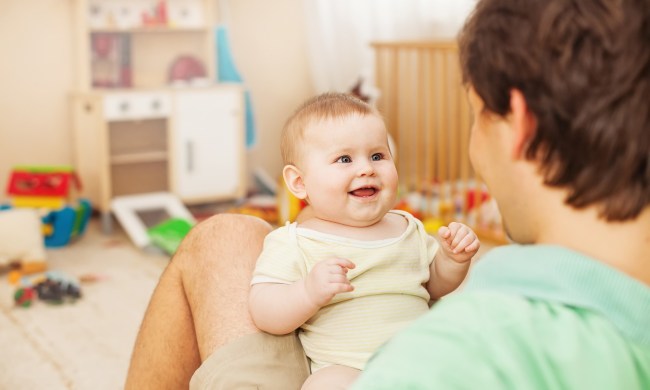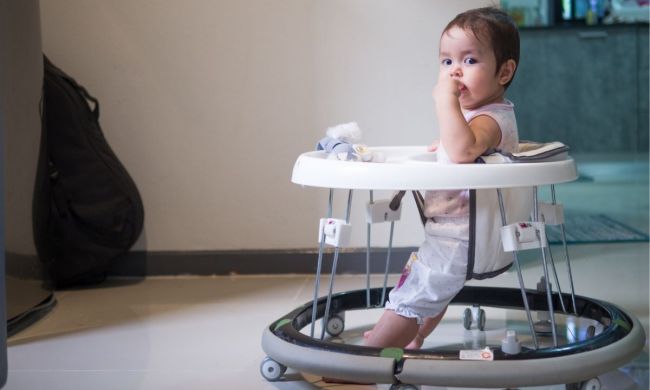Anyone who has teens knows it’s not an easy road. Parents of young ones think they have it made once the terrible 2s and threenager stages are done. But, oh, are parents of teens in for a treat. But what every parent needs to know is that your teen acting out is as normal now as it was when they were 2 or 3. We’re here to help you break down negative teen behaviors that are perfectly normal and ones that are a cause for concern, so you can understand normal teen behavior versus teen behavior problems.

Behaviors that are natural for a teen
All they want to do is sleep
It feels like your teen is lazy because they can’t get up before noon. But really, a teen’s sleep schedule is unique to them just like a baby or toddler’s is.
Your teen is moody
Your teen should be moody. They’re dealing with hormones, puberty, peer pressure, school, chores, learning how to drive, their first job, and so much more. Adults aren’t always in the best mood, so don’t expect a teenager with zero experience to know how to handle these things.
Behaviors that should concern you
Sleeping all the time
The concern comes in when your teen is sleeping all day, every day, for longer than a few days, and they don’t have an illness to explain it.
Moodiness leads to violence
Mood swings and attitude as a teenager are normal, but when it escalates to violence and other family members could be at risk, that’s a red flag.
How you should react to your teen’s negative behavior
Don’t take it personally
Your teenager doesn’t know where to direct their attitude, and you are the only safe person for them. Let them vent it out, but remember, you aren’t the main cause of their frustration.
Take the time to listen
Between friends, teachers, coaches, other siblings, and a slew of strangers on the internet, your child could potentially turn to the wrong person to talk to about their issues. If they approach you in any way to talk, make the time to be there.
How to keep your teen safe
Have phone numbers for help at the ready
Look up all the safety phone numbers and have them in your phone, so they are there before you need them. Let your teenager know you have the numbers programmed in case they need help, because you never know when they would rather talk to a stranger than their parent about an issue.
Teens have all the problems and responsibilities of an adult with only the experience of a child. It’s a tough, confusing, tiring space to be in. Try your best to create a safe environment for your teen to be a teen while understanding they are going through another important part of their development.






